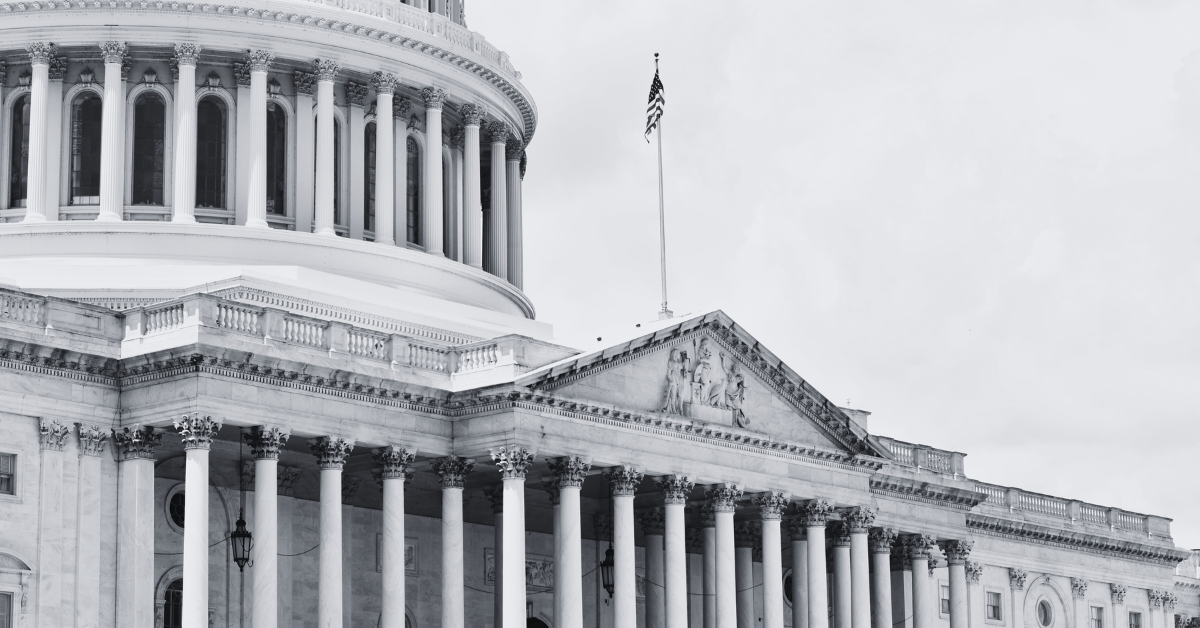VOC Experts to Testify Before Congress on Forced Organ Harvesting in China

On March 20, VOC’s Ethan Gutmann and Matthew Robertson will testify before the Congressional-Executive Commission on China (CEEC) in a hearing entitled “Stopping the Crime of Organ Harvesting—What More Must Be Done?” The event will be live-streamed on the CECC’s YouTube channel.
As the Commission writes, “The issue of the systematic, widespread, and nonconsensual removal of human organs for transplantation, or ‘organ harvesting,’ in the People’s Republic of China (PRC or China) is a global concern that has grown since the publication of the final judgment of the Independent Tribunal into Forced Organ Harvesting from Prisoners of Conscience in China in 2020. Medical journals, bar associations, human rights groups, United Nations Special Rapporteurs, and U.S. state legislatures are all grappling more robustly with the legal, ethical, and human rights issues associated with organ harvesting.
The concerns of Members of Congress about the harvesting of organs from ethnic and religious minorities in the PRC prompted a bipartisan coalition to introduce the Stop Forced Organ Harvesting Act in the House and Senate. That bill passed the House on March 27, 2023 and awaits Senate action.
This hearing will evaluate the evidence of organ harvesting from formerly detained Uyghurs, Falun Gong practitioners, and political prisoners; assess the PRC’s denials that it is complicit in transplant abuse and its assertion that the PRC has stopped sourcing organs from executed prisoners, and look more broadly at how the scientific and medical research communities are addressing the amassed information about organ harvesting. The hearing will also look at the Texas law prohibiting health coverage for organ transplants performed in, or using organs from, China or other countries engaged in organ harvesting. Witnesses will provide recommendations for addressing organ harvesting, the complicity of U.S. corporations in the PRC’s transplant abuses, and the issue of “organ tourism,” which often fuels transplant abuse.”

